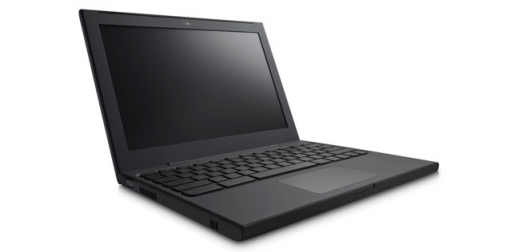It’s an interesting time to be working. There are so many options available to get your work done: you can do it from home, you can do it on the road, you can do it while waiting for your plane to board, or even while you’re on the plane. Just pull out your laptop or your iPhone. Many companies are flexible with their hours, allowing you to work from home or come in at non-traditional hours. Sure, you can drop off your kids in the morning and pick them up later, just be sure to make up that time at home later.
As a result of all these options, though, I think we’re all feeling a little overworked. With technology making it easier to work from anywhere, it almost seems there is no more any excuse to not stay on top of your work. This flexibility and technology is empowering in some ways, but it can make you feel like a slave to your job. You can no longer escape it. When you leave work, there’s no longer that threshold between work and life.
For me, I’ve been working a lot more hours recently and part of it has been away from the office. When I have some time outside of work, I’ll get on my laptop and try to bang out some more work since I couldn’t get it all done on regular hours. As a result, it’s burning me out. I’m starting to lose sight of my own free time. I’m getting tired and not eating right.
It was a slow steady build up, though. It’s not something that just happened one day where all of a sudden I was working longer hours. It was a matter of months that work started to find its way into all my waking hours. Even if I am just out for a walk, I can’t escape some of the latest problems I’m trying to solve at work. Why not—my mind is “free” at the time anyway, right?
Obviously, something like this isn’t sustainable, and I’m starting to realize I’m starting to get burned out. It’s hard, though, to draw that line because you feel as though you have commitments to your job. You promise things, which may seem unreasonable later on, but at the time it makes total sense.
If you are feeling the same way as I am at the moment (and you likely are if you found your way to this page), you might want to watch this excellent video from the Word Economic Forum in Davos earlier this year. It is a lively discussion on burnout in today’s work force. You can tell that all the members of the forum have personal experience with this topic. That alone should cheer you up out there. Burnout can hit us all.
